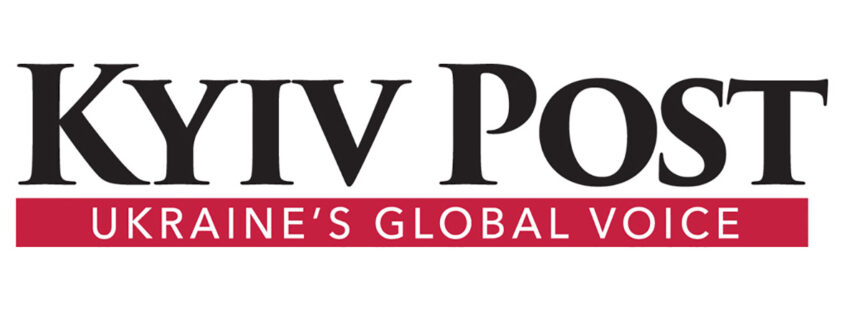

Kasparov says autocrats, not content oppressing their own citizens, are destabilizing the world’s democracies and his RDI project is taking them on.
READ ORIGINAL ARTICLE AT KYIV POST
Garry Kasparov, exiled Russian dissident and pro-active anti-authoritarian, plans to take on dictators he says are only advancing due to Western democracies’ inarticulation and inaction over the last few decades. Kasparov says the fight for democracy’s survival is going on in the crucible of Russia’s war in Ukraine.
Entering the Front Lines of Freedom Conference, hosted by the Renew Democracy Initiative (RDI), an organization that Garry Kasparov chairs, he is perturbed by what he sees transpiring in Ukraine and the Middle East, events that he thinks are the logical consequence of Western inaction to authoritarian regimes which have routinely blown through the West’s supposed “red lines.”
Following the release of Kasparov’s 2015 book, Winter is Coming, Kasparov was a lone voice, warning that the West’s muddled and insufficient response to Russian President Vladimir Putin’s 2014 invasion of Ukraine, would be interpreted by the Kremlin as a sign of weakness and indifference, thus guaranteeing a future attempt by the autocrat to sack his neighbor.
The world did not heed Kasparov’s message and as a result, “Iran now threatens America, not in the Middle East, but in New York. There is a war against the world order,” the consequence of the West “fearing these dictatorships rather than standing-up to them.”
“Today, we see there is a plan,” says Kasparov.
“Always listen to dictators: They lie about what they have done, but often tell you what they are planning to do. Hitler wrote a blueprint: Mein Kampf. It was clear what he planned to do.
“Putin, in 2005, was already a dictator. He made clear what he intended to do. But no one paid attention to it.”
However, he argues, the world has not learned its lesson – today the world is repeating its errors, something that adds urgency to Kasparov’s work with RDI.
The organization’s goal is to “expose and confront the international alliance of dictators, and in so doing, aim to inspire people in the US and other free countries to value and defend their own democracies,” explained Uriel Epshtein, CEO of RDI.

